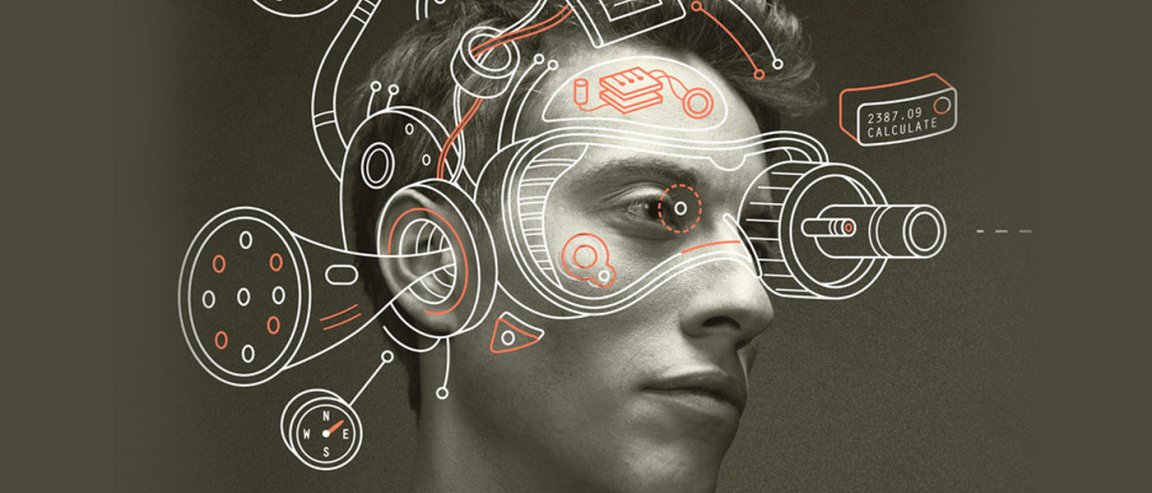
Biotech vs. Natural Methods
A new US survey showed that Americans still have strong reservations when it comes to combining tech and biology.
People are more concerned than excited with things like brain chip implants, gene editing, or anything that has to do with artificial aids. Researchers surveyed more than 4,700 respondents and a majority said they were either “very” or “somewhat” worried about three core biomedical innovations: gene editing (68 percent worried), brain chips (69 percent), and synthetic blood (63 percent).
Biotech Future Is Inevitable
It is generally understandable that most people would be cautious about implanting some inorganic material in their bodies, or the ethical and even theological quandaries surrounding genetic manipulation. However, biotech advancements can help eradicate genetic diseases, or improve natural mental or bodily abilities.
According to researcher Cary Funk of the Pew Research Center, developments in biomedical technologies are accelerating rapidly, raising new societal debates about how we will use these technologies and what uses are appropriate.
In fact, researchers found was that 73 percent of respondents fear that inequality would increase if brain chips became available, as they would initially only be affordable for the wealthy.

Some participants also believed artificial bio-enhancements run the risk of creating superhuman-type individuals, which could have repercussions elsewhere in society and culture. In accordance with Godwin’s Law, one of the surveyed stated, “If it starts to sound Hitler-like, [trying to create] a perfect specimen of man and woman … then people who are not perfect might be treated badly.”
Still, despite fears of biomedical technology, the majority of respondents said that these kinds of changes are inevitable in the future, with 81 percent of respondents believing artificial organs will become routine in the next 50 years.